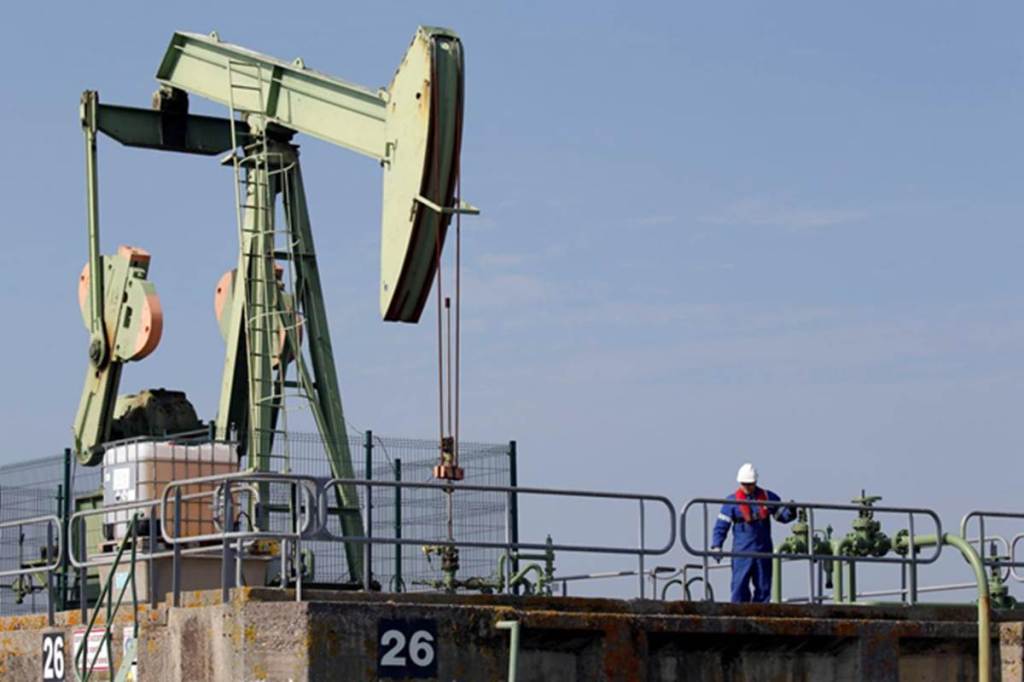A little over eight years after petrol prices were deregulated — and four years after diesel — the Centre on Thursday reintroduced price control on auto fuels by asking the public sector oil marketing companies (OMCs) to absorb Rs 1 on every litre of petrol and diesel they sell, while it cut excise duty by Rs 1.50 per litre on the fuels to give relief to consumers. In response to this, several BJP states like Gujarat and Maharashtra matched this with a Rs 2.5 cut in VAT, giving consumers a Rs 5 per litre saving on auto fuels.
The announcement by finance minister Arun Jaitley on Thursday wiped out the Centre’s share of market capitalisation in these OMCs by Rs 14,031 crore as investors feared OMCs might be asked to shoulder a higher burden if oil prices continued to rise; the Centre’s market cap fell by Rs 16,506 crore, but 85% of this took place after Jaitley’s announcement.
The measures would cost the Centre Rs 10,500 crore in the second half of FY19 in terms of excise duty collections, while the three OMCs — Indian Oil, BPCL and HPCL — would lose about Rs 4,500 crore after taking into account the lower corporate taxes they will pay as their revenues and pre-tax profits will fall by Rs 7,000 crore.
Jaitley, however, said the loss of revenues was not significant as direct tax revenues were buoyant. “Direct tax revenues till September this year are showing very significant increase, higher than what we had projected. Therefore, this gives us comfort with regard to the fiscal deficit,” Jaitley said. Gross direct tax receipts grew 16.7% in April-September of FY19 as compared to the required rate of 14.4%. The minister said the impact of duty cut on the exchequer would be 0.05% of GDP. Justifying the move to ask OMCs to absorb Re 1 on sale of the auto fuels, Jaitley said: “We are not going back on deregulation. (But) We have to react to a situation.”
To double the relief to consumers, Jaitley said he would write to the state governments to immediately cut value added tax (VAT) by Rs 2.5/litre as their revenue collections from the fuels have gone up due to their ad valorem duty structure compared to Centre’s fixed excise duty rate. Prior to the duty cut on Thursday, on an average, states levied 29% VAT on the auto fuels while the Centre levied Rs 19.48/litre on petrol and Rs 15.33/litre on diesel.
So, in the case of Delhi, for instance, VAT collections on petrol rose from Rs 8.82 per litre at the beginning of the year to Rs 11.02 now, and from Rs 14.88 to Rs 17.8 on diesel (see graphic).
Brent crude prices have moved up from around $64 per barrel in March to a 4-year high of $86/barrel on Wednesday, giving a windfall to the states revenues while the Centre’s revenues remained unchanged as it levies a specific duty unlike the states’ ad valorem rates.
The Centre’s excise revenue from petroleum products fell by 5.6% on-year in FY18 to Rs 2.29 lakh crore due to a Rs 2 cut in excise duty on the auto fuels in October last year while the VAT collections by the states rose by 10.6% to Rs 1.84 lakh crore in FY18.
Responding to Jaitley’s call, BJP-ruled Maharashtra, Gujarat, Uttar Pradesh, Madhya Pradesh, Jharkhand, Chhattisgarh, Tripura and Assam announced Rs 2.50/litre cut in VAT on diesel and petrol.
Fuel prices hit an all-time high of Rs 84 per litre of petrol and Rs 75.45 per litre of diesel on Thursday in New Delhi. In Mumbai, where prices are highest compared to the rest of the country — thanks to 38.32% and 24.73% VAT on petrol and diesel, respectively — a litre of petrol was sold for Rs 91.34 per litre and diesel was available at Rs 80.10 per litre.
While OMCs will continue to calculate daily fuel prices based on the trade price parity (TPP), this is the first time since price deregulation that they have been asked to absorb prices.

